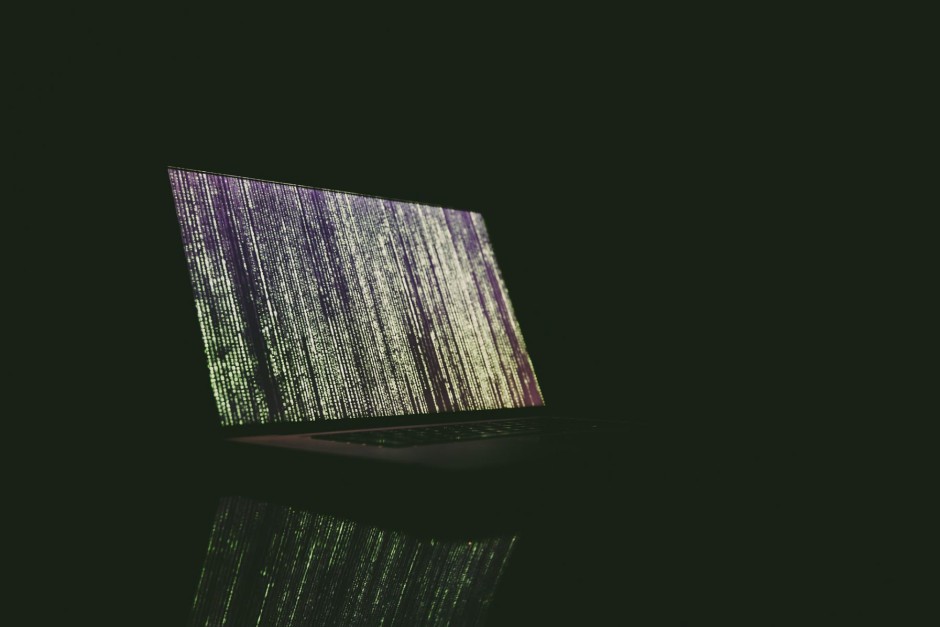How surveillance undermines democratic values we all hold dear
You may be wondering what all the fuzz is about in the privacy arena lately. So here’s why you should be paying attention.
If you’ve been following OpenMedia of late, you’ll have noticed that we’ve had our hands full with privacy news aplenty - and we’re responding in turn with our own slew of privacy-related content and events. So -- why all this news about privacy? What is going on, and... should you be worried? Cautious? Installing two-factor authentication as you read this??
We’re here to give you the rundown and make sure you can stay up to date and, ultimately, safe online.
First, some good news. In Canada, we’ve just seen a big win for transparency thanks to the release of the National Consultation results on Bill C-51, the reckless spying bill that so many of you provided feedback about using our SaveOurSecurity.ca tool. Now, we’re building a first-of-its-kind crowdsourcing tool that will allow us, the public, to independently analyze this huge amount of data published -- and we need your help!
As part of our continuing campaign to hold our government accountable on privacy, we’re also throwing two upcoming community events that will keep you well encrypted and well informed. First, a free documentary screening and introduction to a new tool for mapping your activity online, followed by a panel of top privacy experts (coming up THIS EVENING in Vancouver). In March, we’ll also be holding a film-noir themed CRYPTO PARTY & workshop - stay tuned for more on that!
With threats to online privacy multiplying on both sides of the border, it’s clear that this is an issue that will continue to affect all Canadians in the months and years to come.However, it’s also important to remember that privacy is an issue that impacts various groups in our society differently, not least as government surveillance is often disproportionately targeted at people who are already marginalized.
For example, in campaigning for privacy, we need to be aware of the precarity that is disproportionately experienced by folks of colour, and particularly those profiled as Muslim, and vulnerable to Islamophobia. Borders are quickly becoming checkpoints for both body and data searches, and travellers are being advised to protect their cell phones as much as ensuring they have meticulous paperwork.
That’s just one of the reasons why OpenMedia recently joined with a wide-ranging, global movement of worried citizens, in an open letter about Donald Trump’s #MuslimBan. As our Executive Director Laura Tribe wrote at the time:
OpenMedia is focused on protecting and improving the Internet. We do not belong on the left or the right of the political spectrum — we are not a partisan organization and have no political affiliation. But it’s impossible to ignore the impact that these recent events are having on our staff, and on you, our community.
As President Trump works to create more walls and barriers, we are renewing our commitment to building bridges and connectivity online. Fostering a more collaborative world is at the very core of OpenMedia’s philosophy. We envision a world where everyone is online, with equal access and opportunity – and we are dedicated to standing up for our digital rights.
We are also keenly aware that Canada’s Indigenous communities are all too often the target of unjustified government spying, such as the extensive surveillance aimed at Indigenous people marching to mourn their stolen sisters, or working to protect their land and basic resources.
It is at this time of “alternative facts” and “fake news” that we recenter our concentration on enduring histories, and the foundational stories of the territories on which we do our work. Digital formats can and do meet oral history in innovative ways, and so our focus on privacy is as much of a focus on elevating the voices most often surveilled, as it is an insistence on honouring the voices most often erased. After all, when people fear they are being watched, they become much less willing to speak out and engage in democratic debate.
The fact is, there is a long history of surveillance technologies being used to disproportionately target poor communities of colour, whether here in Canada, in the United States, or around the world. In one of its most notorious abuses of power, the FBI kept Martin Luther King Jr. under extensive surveillance for years, along with a helping hand from the NSA. And 50 years later, these communities are still being disproportionately targeted by surveillance technologies such as Stingrays, as was recently revealed by researchers at CityLab.
LGBTQ2S communities have also been unfairly subjected to surveillance and scrutiny, and limitations under repressive bills like C-51 threaten to exacerbate this further. Queer bodies are a clear target for homophobia and transphobia in real life and online at this time.
These surveillance activities should concern all of us, because they undermine the democracy we all rely on as Canadians — a rule by the people, for the people, in all of our intricate diversities. To stand for Internet privacy is to stand for all people’s dignity online. As advocates and change makers we’re committed to this stand for the long-haul, and we’re thankful for your support — our work just wouldn’t be possible without you.
Things are moving fast, so be sure to stay updated by joining the always-lively conversations on our Facebook and Twitter pages. We look forward to surfing, supporting, and saving the multifaceted space that is the Internet we all know and love.



 Take action now!
Take action now!
 Sign up to be in the loop
Sign up to be in the loop
 Donate to support our work
Donate to support our work